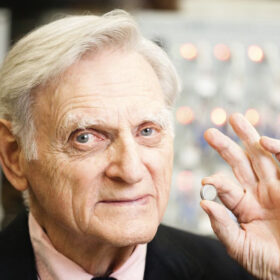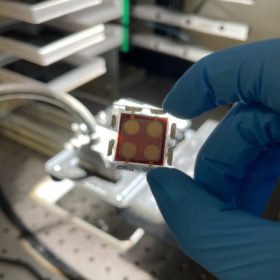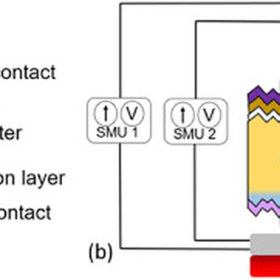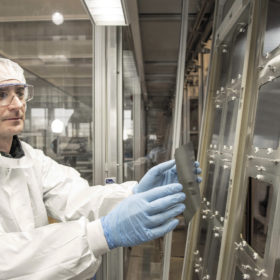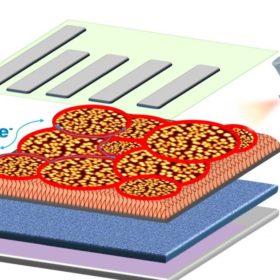Weekend Read: Much more than Goodenough
The world would have been a different place today had John Goodenough accepted the Shah of Iran’s $7 million offer, in 1974, to carry out solar research. Instead, he secured a job as the head of inorganic chemistry at the University of Oxford. During his tenure, he made a lithium-ion battery discovery that would affect the lives of almost everyone.
New method brings durability of perovskite solar cells closer to silicon
Researchers from the United Kingdom, the United States and Australia have reportedly developed a perovskite solar cell with comparable stability and durability to commercial silicon PV cells. They used a high-temperature processing method with dimethylammonium chloride to control the intermediate phases of perovskite crystallization.
Assessment of hydrogen-induced contact resistance in TOPCon solar cells
Researchers have looked at how hydrogen-induced contact resistance could help to reduce changes in series resistance, in either TOPCon or PERC solar cells. They said degradation occurs purely at the n-type silicon-to-silver (Ag) contact on both cell architectures.
Perovskite solar pioneers honored with prestigious prize
The work undertaken separately by seven academics to discover the promise of perovskite materials for solar, and to open the door to high-efficiency devices, has been recognized by the judges of the Rank Prize for Optoelectronics.
Europe bets on perovskite
Europe’s most important scientific research institutes have joined forces to make perovskite solar applications more than just a dream. The European Perovskite Initiative consortium is planning to draw up a perovskite white paper.
Researchers show world-record 20.9% perovskite cell, new SSG process increasing stability
This marks another world record conversion efficiency for perovskite solar cells. A newly developed process reportedly reduces non-radiative recombination of the cells. The new cell is the result of joint research between the England-based Universities of Oxford, Cambridge, Surrey and China-based Beijing.
